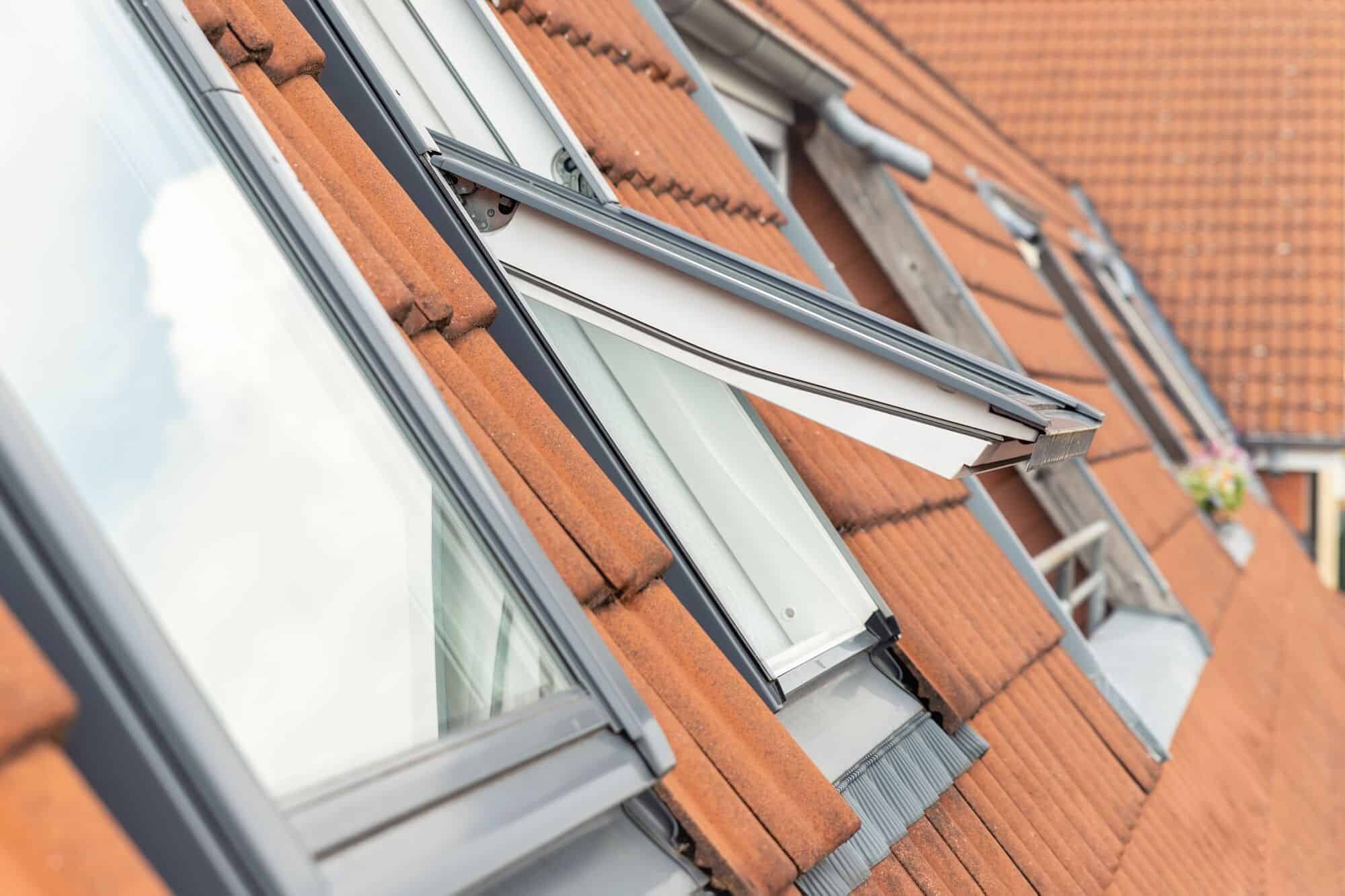When it comes to choosing the right windows for your home, the debate between uPVC and aluminium windows is one that leaves many homeowners confused. With energy efficiency, aesthetics, cost, and durability all playing critical roles in the decision-making process, it’s essential to weigh the pros and cons of both materials before making an investment.
In this comprehensive guide, we’ll break down the key differences between uPVC and aluminium windows to help you make an informed decision that suits your home and your budget.
Understanding uPVC Windows
uPVC (unplasticised polyvinyl chloride) is a popular material for window frames due to its affordability, durability, and energy efficiency. As a cost-effective and low-maintenance option, uPVC windows have been widely used in residential homes across the UK.
Benefits of uPVC Windows:
- Affordability: One of the standout advantages of uPVC windows is their lower price point compared to aluminium. This makes uPVC an ideal choice for homeowners on a budget.
- Energy Efficiency: uPVC windows have excellent insulation properties. The material itself is non-conductive, meaning it does not transfer heat easily, which helps maintain a comfortable indoor temperature and reduces energy costs.
- Low Maintenance: uPVC windows require little to no maintenance. They are resistant to rust, corrosion, and flaking, and a simple wipe-down keeps them looking clean and fresh.
- Soundproofing: Thanks to the material’s density, uPVC windows offer strong sound insulation, making them a great option for homes in noisy areas.
- Wide Range of Styles: uPVC windows come in various colours and finishes, allowing for more flexibility in design to suit any home aesthetic.
However, uPVC does have some downsides:
- Aesthetic Limitations: While uPVC windows come in a variety of colours, the material may not match the sleek look of aluminium, especially for contemporary homes.
- Environmental Impact: uPVC is not as environmentally friendly as aluminium. The production process involves plastics, which are not biodegradable.

Understanding Aluminium Windows
Aluminium windows are known for their strength, slim frames, and modern appearance. They are a preferred choice in both residential and commercial properties that seek a contemporary, minimalist design.
Benefits of Aluminium Windows:
- Sleek and Modern Look: Aluminium windows offer a more refined, slim profile compared to the bulkier uPVC frames. This allows for larger glass panels, letting more natural light into the home.
- Durability and Strength: Aluminium is an extremely durable material, capable of withstanding the elements without warping or cracking. It’s also highly resistant to corrosion, making it ideal for coastal regions where salt exposure can be an issue.
- Recyclability: Aluminium is a sustainable material that can be recycled repeatedly, making it a more eco-friendly option than uPVC.
- Design Flexibility: Aluminium frames can be powder-coated in a wide variety of colours, allowing homeowners to match their windows to any style of home, whether modern or traditional.
- Slimmer Frames: Due to aluminium’s strength, windows can be designed with slimmer frames, offering a sleek, minimalistic look while maximising the glass surface area.
However, there are some drawbacks to aluminium windows:
- Cost: Aluminium windows are generally more expensive than uPVC options, which can be a limiting factor for some homeowners.
- Thermal Efficiency: Although advancements in thermal breaks have improved the insulation properties of aluminium windows, they generally do not match the energy efficiency of uPVC windows.
Comparing uPVC vs Aluminium Windows
Feature | uPVC Windows | Aluminium Windows |
|---|---|---|
Cost | Lower cost, budget-friendly | Higher initial cost |
Durability | Durable but prone to slight discoloration | Extremely durable, resistant to corrosion |
Aesthetic Appeal | Traditional look, a wide variety of colours | Sleek, modern appearance, slim frames |
Energy Efficiency | High thermal insulation, better energy savings | Lower thermal efficiency (improved with thermal breaks) |
Maintenance | Low maintenance, easy to clean | Low maintenance, long-lasting |
Environmental Impact | Less eco-friendly, made of plastic | Highly recyclable, eco-friendly |
Noise Insulation | Excellent soundproofing | Good soundproofing, but it varies |
Making the Right Choice for Your Home
The choice between uPVC and aluminium windows largely depends on your budget, aesthetic preferences, and long-term goals. If you’re looking for an affordable, energy-efficient solution that requires minimal maintenance, uPVC windows are the best choice. They are particularly suited to traditional homes and areas where sound insulation is a priority.
On the other hand, if you prefer a modern, sleek look and want a more sustainable option, aluminium windows may be worth the investment. Their durability and contemporary appeal make them perfect for homes with larger window openings and modern designs.
Conclusion: Finding the Perfect Balance
Ultimately, both uPVC and aluminium windows have their advantages and disadvantages. Your decision will depend on your home’s needs, your design preferences, and your budget. For homeowners seeking an eco-friendly, durable, and modern option, aluminium windows are a great investment. However, for those who prioritise energy efficiency and cost-effectiveness, uPVC windows provide significant benefits.
At Centric Home Improvements, we offer both uPVC and aluminium windows, giving you the flexibility to choose the best solution for your home. Our expert team can guide you through the selection process and ensure professional installation that maximises your home’s comfort, energy efficiency, and aesthetic appeal. Contact us today to learn more and get started on your home improvement journey.